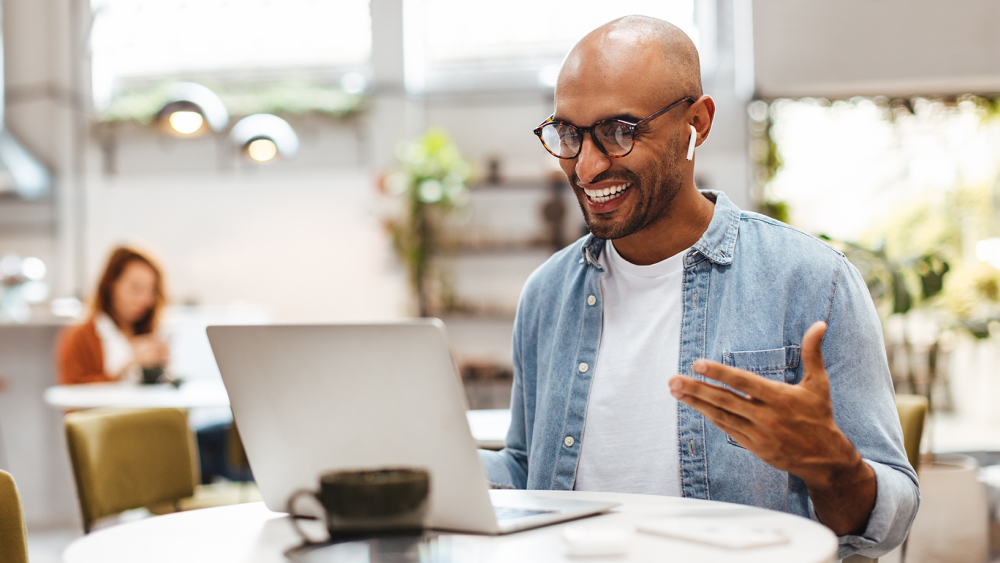It used to be the case that only businesses used virtual private networks (VPNs) to connect securely to the internet and keep their private data safe. But these days, with the rapid growth of online threats and privacy concerns, even casual internet users should seriously consider using a VPN. Nearly 30% of people now use VPNs for personal reasons, and that number is only growing as more people learn about how VPNs offer an effective way to safeguard online privacy, enhance security, and protect against various cyber threats.
If you are not familiar with this technology, a VPN essentially allows you to send and receive data across a public network as if it were a private network that encrypts, or scrambles, your information so others cannot read it. Let’s take a look at the top 3 reasons why a VPN could come in handy for you.
- You work remotely—If you like to take your laptop or mobile device to the library or cafe, you probably connect through public Wi-Fi. The problem is that many free, public Wi-Fi networks are not secured. This means that a hacker could easily intercept the information you send over the public network, including your passwords and banking information. A personal VPN means you can connect securely any time you are away from home.
- You want full access to the internet when traveling— When traveling, cybersecurity risks abound, from unsecured public Wi-Fi networks to potential data breaches. Using a VPN while traveling can mitigate these risks by encrypting your internet connection and protecting your sensitive information from hackers and other malicious actors.
- You take your privacy seriously— Internet service providers (ISPs) often track and store information about what we do online, as do the websites we visit. This is how they serve up targeted ads and make money when we click on them. (They track us by identifying the unique number assigned to your device, called an Internet Protocol address.) However, when you use a VPN, your traffic is routed through different Internet Protocol addresses, making you anonymous.
What to look for in a VPN:
Now that you know why having a personal VPN is so useful, here are a few tips to help you choose the right product for you:
- Ease of use—You want secure technology, without having to be a tech whiz to use it. That’s why you should look for a product that is easy to implement, like the McAfee Safe Connect VPN app, which allows you to easily and securely connect, ensuring that your passwords and data stay private when using public networks.
- Robust security—Look for a VPN with bank-grade encryption. This way no one can read or access the private information you send over the network.
- Access to virtual locations—With this feature, you can gain full access to the Internet and browse anonymously.













